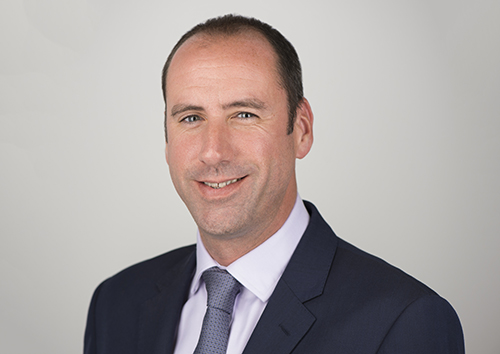
Article by Dan Finke, Managing Director, IRI UK
A full-time office-based business isn’t necessary today in the majority of cases, and at the same time remote working every day and for every task isn’t ideal. Which is why, as workspaces now reopen for good post-pandemic, businesses are exploring a more effective way of working: agile working.
Agile working goes beyond remote working and standard hybrid working models by encouraging workers to find the most appropriate and effective way to complete their work. It’s about both creating spaces for collaboration and communication for shared tasks, and the option for head-down work to be taken on somewhere a little quieter.
Effective agile working comes down to trusting your people with the flexibility to manage their projects, clients and working relationships in a time and place that suits them and their work. As long as teams are delivering and people are getting the job done, why do we need to mandate set office hours or location?
The future of modern work is agile, which is exactly why we’ve reshaped IRI around it.
By empowering people with true flexibility and putting a heightened emphasis on output, agile working promotes an outcome- and results-focused culture.
Some leaders may believe that allowing employees to be in control of their whereabouts and schedule will harm productivity, but the reality is that most will instead thrive with more freedom and produce better results. Despite the naysayers, we know that giving people flexibility will empower them, and boost employee satisfaction, morale and productivity in the process.
Adopting an agile working business model means trusting your people to know how they work best and make the right choices; where and how they work best is entirely up to them.
We see ourselves as pioneers of agile working. There’s no rulebook out there, we’re paving the way for others to follow.
At IRI, we’re not mandating where people work, so to support our colleagues to fully understand, embrace and maximise agile working, we’ve implemented a framework of principles. To keep it simple, we’re asking ourselves and our teams to consider four things that need to be true to successfully support an agile approach. We’ve found that these are most effective as questions:
And not only have we implemented a huge cultural and behavioural change across our organisation to reflect what we believe to be the future of work, we’ve totally overhauled our offices for the same reasons.
While our colleagues are under no pressure to come into our offices, we still need that wow factor that entices people to come in and collaborate with their colleagues. The office may no longer be as full as it once was, but it would be a huge mistake for any business to believe that it no longer offers unique value, especially when it comes to interactions, collaboration, problem solving and nurturing colleague relationships.
Boasting cutting-edge technology and a deliberate diversity in the workspaces available – including one-to-one booths, lounges, collab booths, multi-functional meeting areas and project spaces – our new office in Bracknell truly offers something for everyone. As we’re often gladly told by those stepping through the front door for the first time, it’s the marker of a transformed organisation.
We made a decision quite early on as a company that we wanted to move to an agile approach – it was just the right balance for IRI and the right way for us to work at our best. Talent attraction and retention were also huge factors in making that decision.
True flexibility and an engaging office environment are already differentiators in this crazy job market – the fact that you’ll now often see one or both listed as benefits on job specifications is a true sign of the times – especially for younger generations. In a couple of years’ time the role that both will play in influencing people’s decisions about which company they want to work for will be even bigger.
It’s key that organisations future-proof their businesses to make sure they are ahead of the major work trends that will determine who gets the best talent.
An agile future means a fairer distribution of talent geographically, and in turn an expanded, more diverse talent pool. For companies this means the potential to recruit the best talent regardless of their location; for employees it means that work is infinitely more accessible.
As has proven to be the case with agile working to-date, everyone’s a winner.
Dan Finke is the Managing Director of IRI UK, global provider of innovative solutions and services for FMCG retail and manufacturing.
Joining the business in 1995, Dan helped to steer IRI’s strategy and many key client relationships in the UK and internationally, before being appointed to his current role in 2010. In that time Dan has overseen a transformation of IRI UK, including the rapid development of its capabilities for retailers, and the launch of a new suite of services designed to vastly improve retailer-manufacturer collaboration.

